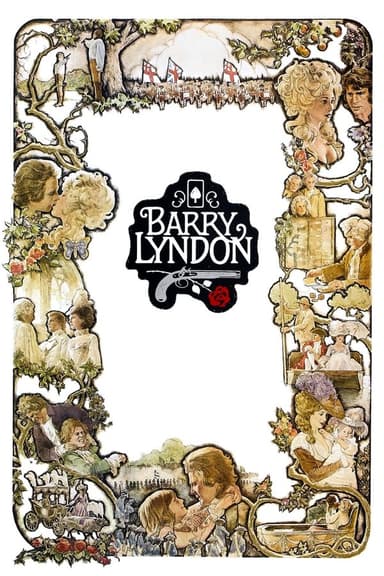
The Long, Hot Summer
1958 • Drama • NR
Accused barn burner and conman Ben Quick arrives in a small Mississippi town and quickly ingratiates himself with its richest family, the Varners.
Runtime: 1h 55m
Why you should read the novels
Delving into William Faulkner’s original works offers a deeply layered experience of Southern life, hierarchies, and family strife. His novels and short stories paint vivid, richly atmospheric scenes, capturing the complexity of rural Mississippi in ways film can hardly match. You’ll find yourself compelled by Faulkner’s unique prose, intricate characters, and the slow unravel of dark secrets.
Reading Faulkner allows you to appreciate the nuance and literary artistry of his storytelling. His explorations of morality, ambition, and social change are rendered with complexity that a two-hour movie simply cannot contain. His unique stream-of-consciousness style, shifting perspectives, and deep internal monologues provide profound insight into his characters.
If you yearn for a more immersive journey into the Snopes family’s ambitions and the often-brutal justice of the South, the books present a far richer narrative. The intricate web of betrayals, power struggles, and subtle commentary on Southern traditions are far more pronounced—and rewarding—when experienced firsthand through Faulkner’s own words.
Adaptation differences
The 1958 film The Long, Hot Summer is a loose adaptation, combining elements from several of Faulkner’s works rather than following a single storyline. The movie weaves together characters and plots from "The Hamlet," the short story "Barn Burning," and "Spotted Horses," but takes significant creative liberties to blend them into a melodramatic romance centered on Ben Quick and the Varner family.
One major difference lies in characterization and focus. The movie foregrounds the romantic tension between Ben Quick and Clara Varner, elevating it to the main plot. In contrast, Faulkner’s books focus more on the rise of the Snopes family, the complexities of small-town power dynamics, and themes of inheritance, greed, and social structure. The romantic subplots in Faulkner’s stories are subtle or secondary, not the driving force.
Additionally, the film softens and redeems characters who are far more morally ambiguous or even villainous in the source material. For example, Ben Quick in the movie is portrayed as a rugged, misunderstood anti-hero with charm and integrity—a notable departure from the more problematic and less sympathetic Snopes characters found in Faulkner’s universe. This makes the movie more of a traditional Hollywood romance than a reflection of Faulkner’s dark, multi-layered social commentary.
Setting and themes are also adapted to suit 1950s cinematic tastes. The nuanced exploration of class, race, and justice in Faulkner’s works is minimized or glossed over, while the plot is streamlined for dramatic effect. This results in a more accessible but less challenging narrative that lacks the psychological penetration and complexity for which Faulkner is renowned.
The Long, Hot Summer inspired from
The Hamlet
by William Faulkner
Spotted Horses
by William Faulkner
Barn Burning
by William Faulkner












